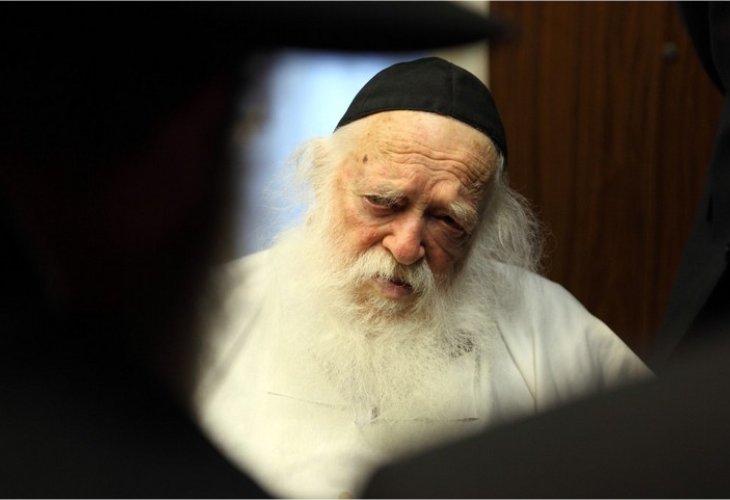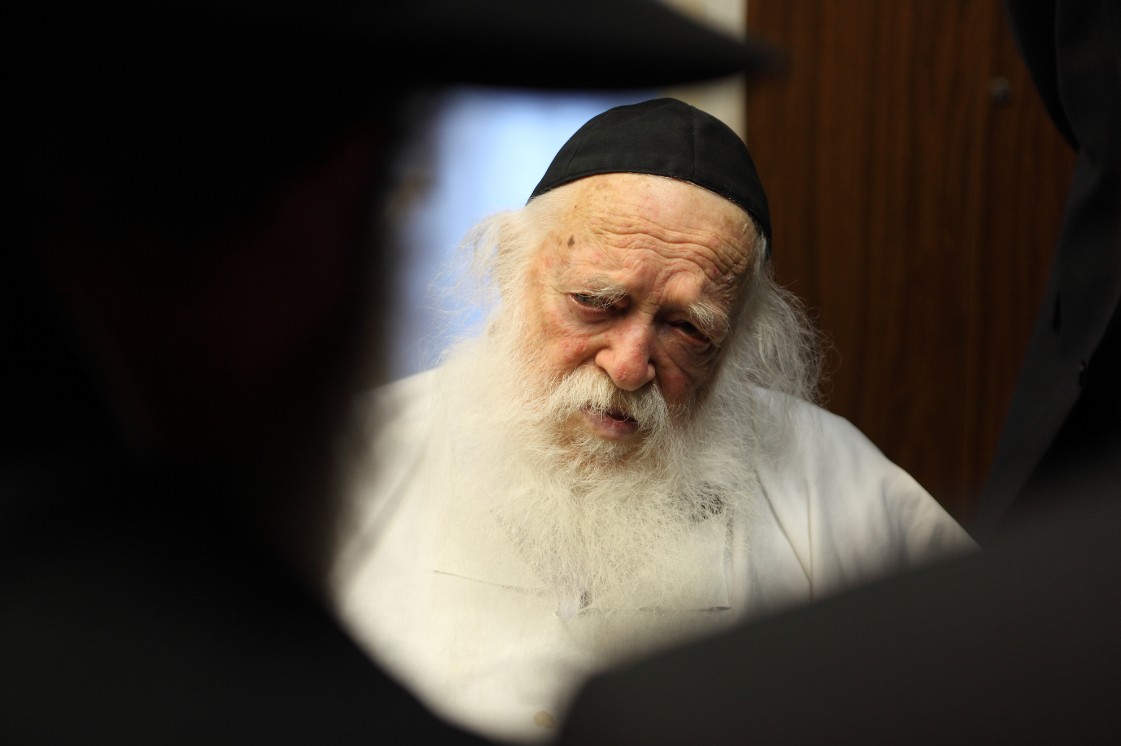Jewish Law
Asked for Forgiveness for Speaking Lashon Hara, But the Friend Refused to Forgive. Why?
Rabbi Chaim Kanievsky was asked an interesting question, and his answer sheds light on the severity of speaking/accepting lashon hara (derogatory speech) about others.
- שירה דאבוש (כהן)
- |Updated

An interesting case of lashon hara (derogatory speech) was brought before Rabbi Chaim Kanievsky: a Torah scholar whose sole occupation is Torah study and who is extremely knowledgeable in his learning – stumbled and spoke lashon hara about his friend. Upon realizing his mistake, he decided to confess to his fellow scholar and ask for his forgiveness. However, the latter was not quick to forgive. Based on what is written in the book 'Chafetz Chaim', that whoever speaks lashon hara about his friend – all his merits are transferred to the one about whom the lashon hara was spoken, the scholar requested that all the merits of his friend, the Torah scholar, be transferred to him.
 Maran Sar HaTorah Rabbi Chaim Kanievsky shlita (Photo: Flash 90)
Maran Sar HaTorah Rabbi Chaim Kanievsky shlita (Photo: Flash 90)Of course, here he encountered a problem – it's not simple to give up all your merits from Torah study, which you've toiled over day and night. And what did Rabbi Chaim Kanievsky say about this? "If he forgives him, he will fulfill an even greater mitzvah. Therefore, it's worthwhile for him to forgive." On the same matter, an explanation of Rabbi Chaim Kanievsky's words is brought from Rabbi Aharon Leib Shteinman shlita who says that "It is a greater mitzvah to forgive, because it involves performing an act of kindness."

